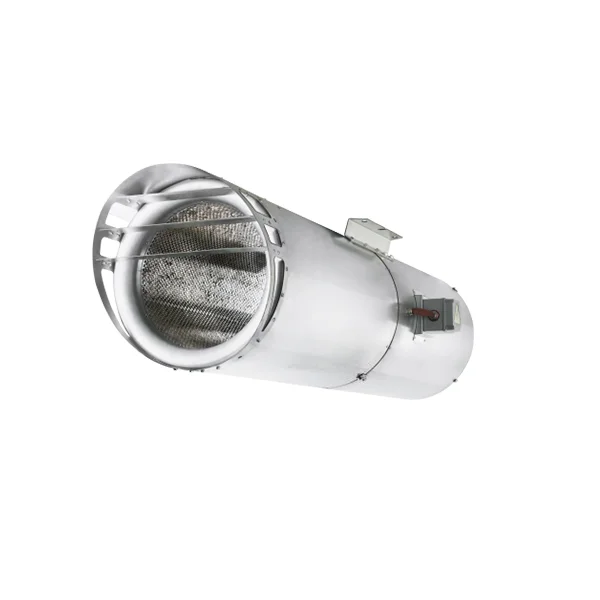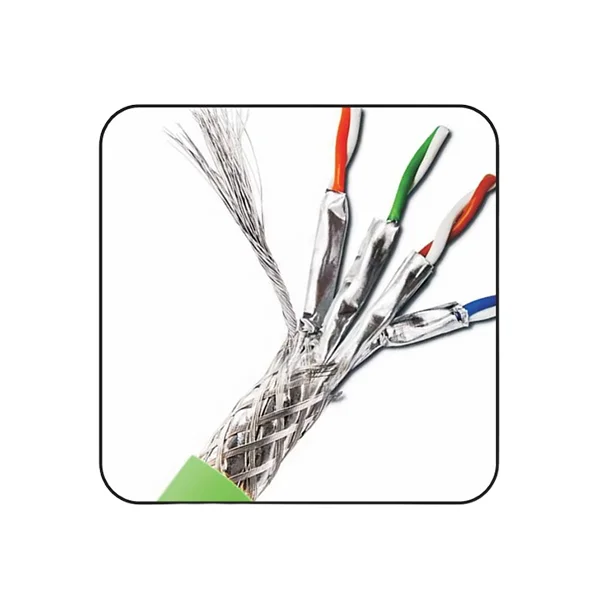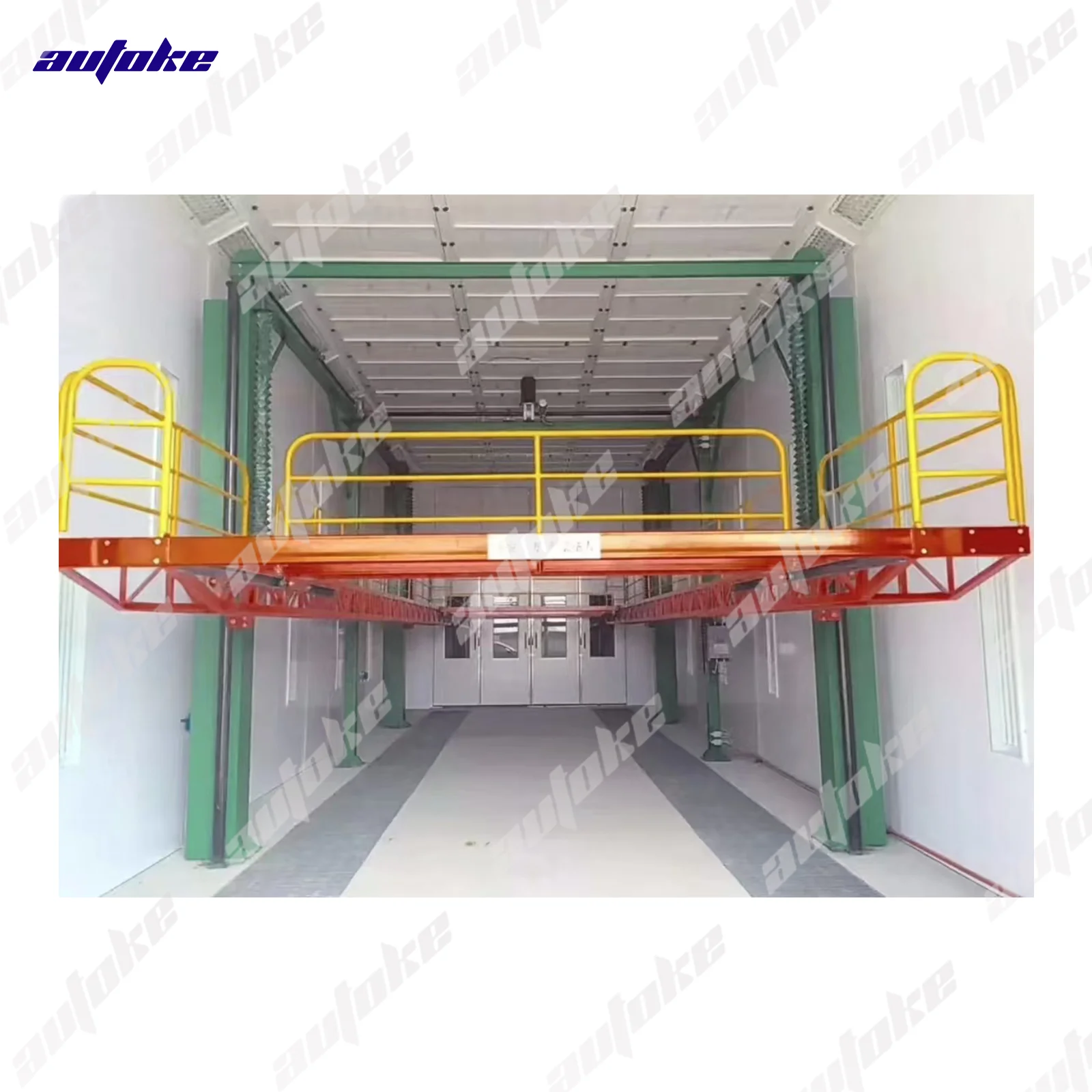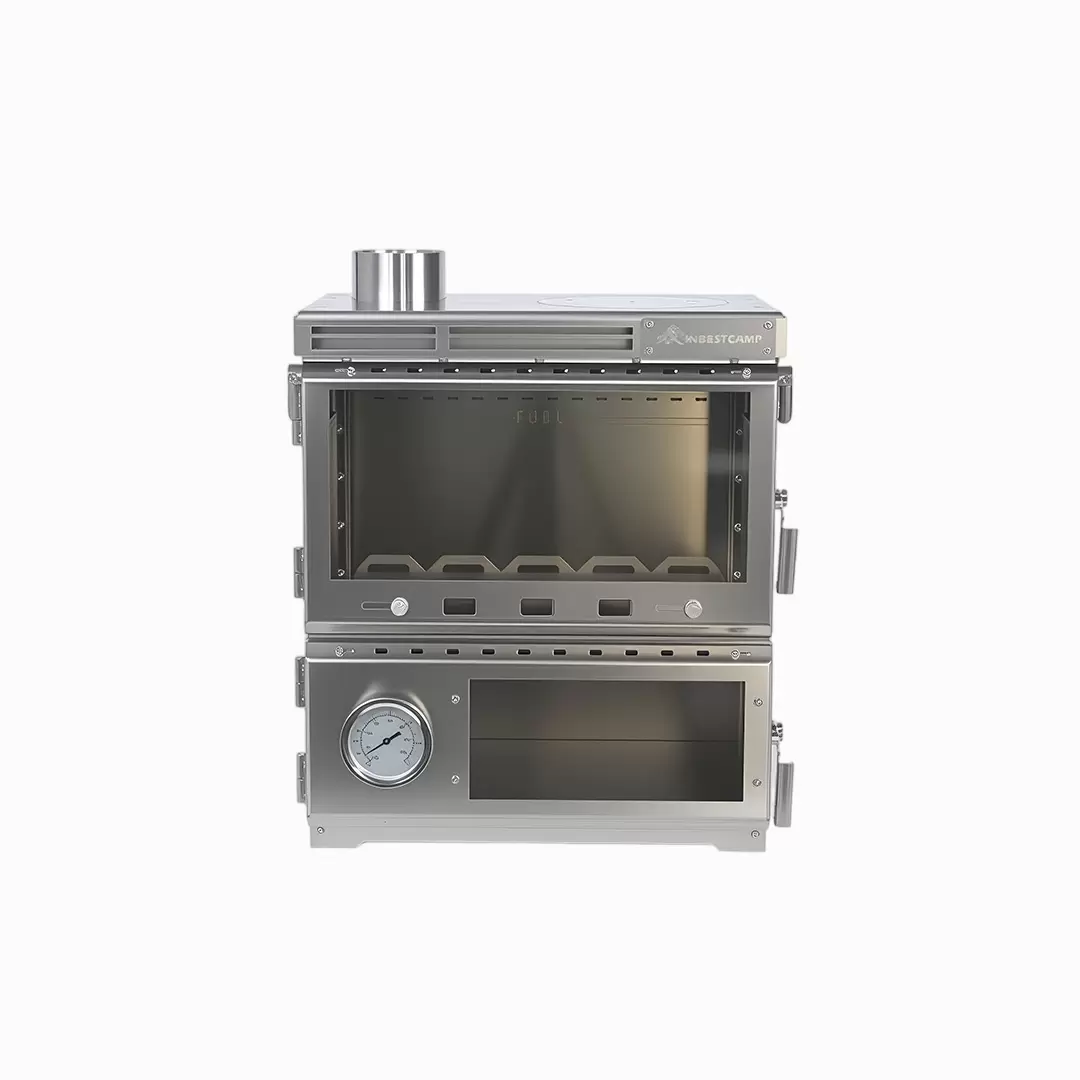In an era where home security has become a paramount concern, Wi-Fi security cameras have emerged as a popular solution for homeowners seeking to enhance their safety. These devices offer convenience, remote access, and a sense of control over one’s environment. However, beneath the surface of their appealing features lies a range of potential downsides that users must consider. This article delves into the intricacies of Wi-Fi security cameras, highlighting their vulnerabilities, privacy concerns, and the implications of reliance on wireless technology.
- Vulnerability to Hacking
One of the most significant downsides of Wi-Fi security cameras is their susceptibility to hacking. Unlike traditional security systems that operate on closed circuits, Wi-Fi cameras transmit data over the internet, making them accessible to cybercriminals. Hackers can exploit weak passwords, outdated firmware, or unsecured networks to gain unauthorized access to camera feeds. Once compromised, these cameras can be used for malicious purposes, including stalking, theft, or even blackmail.
To mitigate this risk, users should implement strong, unique passwords and enable two-factor authentication where available. Regularly updating firmware is also crucial, as manufacturers frequently release patches to address security vulnerabilities.
- Privacy Concerns
The convenience of remote monitoring comes at a cost: privacy. Wi-Fi security cameras can inadvertently invade the privacy of individuals within their range. For instance, if a camera is positioned improperly, it may capture footage of neighbors or passersby without their consent. This raises ethical questions and potential legal issues regarding surveillance and privacy rights.
Moreover, many Wi-Fi cameras store footage in the cloud, which can lead to further privacy concerns. Data breaches at cloud storage providers can expose sensitive footage to unauthorized individuals. Users must carefully review the privacy policies of their chosen camera systems and consider opting for local storage solutions to maintain greater control over their data.
- Dependence on Internet Connectivity
Wi-Fi security cameras rely heavily on stable internet connections. In areas with poor connectivity or during outages, these cameras may fail to function effectively, leaving homes vulnerable during critical moments. This dependence on internet infrastructure can be particularly concerning in emergencies when real-time monitoring is essential.
To counteract this issue, homeowners should consider hybrid systems that offer both Wi-Fi and local storage options. Additionally, investing in a reliable backup power source, such as an uninterruptible power supply (UPS), can ensure that cameras remain operational during power outages.
- Cost Implications
While Wi-Fi security cameras can be cost-effective compared to traditional systems, the total cost of ownership can escalate quickly. Users may find themselves incurring additional expenses for cloud storage subscriptions, advanced features, or professional monitoring services. Furthermore, the need for regular maintenance, updates, and potential replacements can add to the financial burden.
Before investing in a Wi-Fi security camera system, it’s essential to conduct a thorough cost-benefit analysis. Homeowners should weigh the initial purchase price against ongoing costs and consider whether the features offered align with their security needs.
- False Sense of Security
Lastly, Wi-Fi security cameras can create a false sense of security. While they provide valuable surveillance capabilities, they are not a comprehensive security solution. Homeowners may become overly reliant on these devices, neglecting other essential security measures such as alarm systems, motion sensors, or physical barriers.
To foster a holistic approach to home security, it’s crucial to integrate Wi-Fi cameras with other security measures. Regularly reviewing and updating security protocols can help ensure that homeowners remain vigilant and proactive in safeguarding their properties.
Conclusion
Wi-Fi security cameras undoubtedly offer numerous benefits, including convenience and remote monitoring capabilities. However, it is essential to recognize their downsides, including vulnerabilities to hacking, privacy concerns, dependence on internet connectivity, cost implications, and the potential for a false sense of security. By understanding these risks and taking proactive measures, homeowners can make informed decisions about their security needs and create a more secure living environment.









+ There are no comments
Add yours